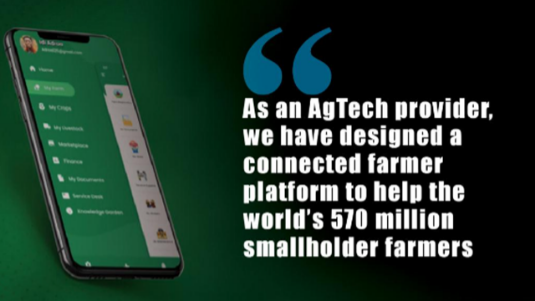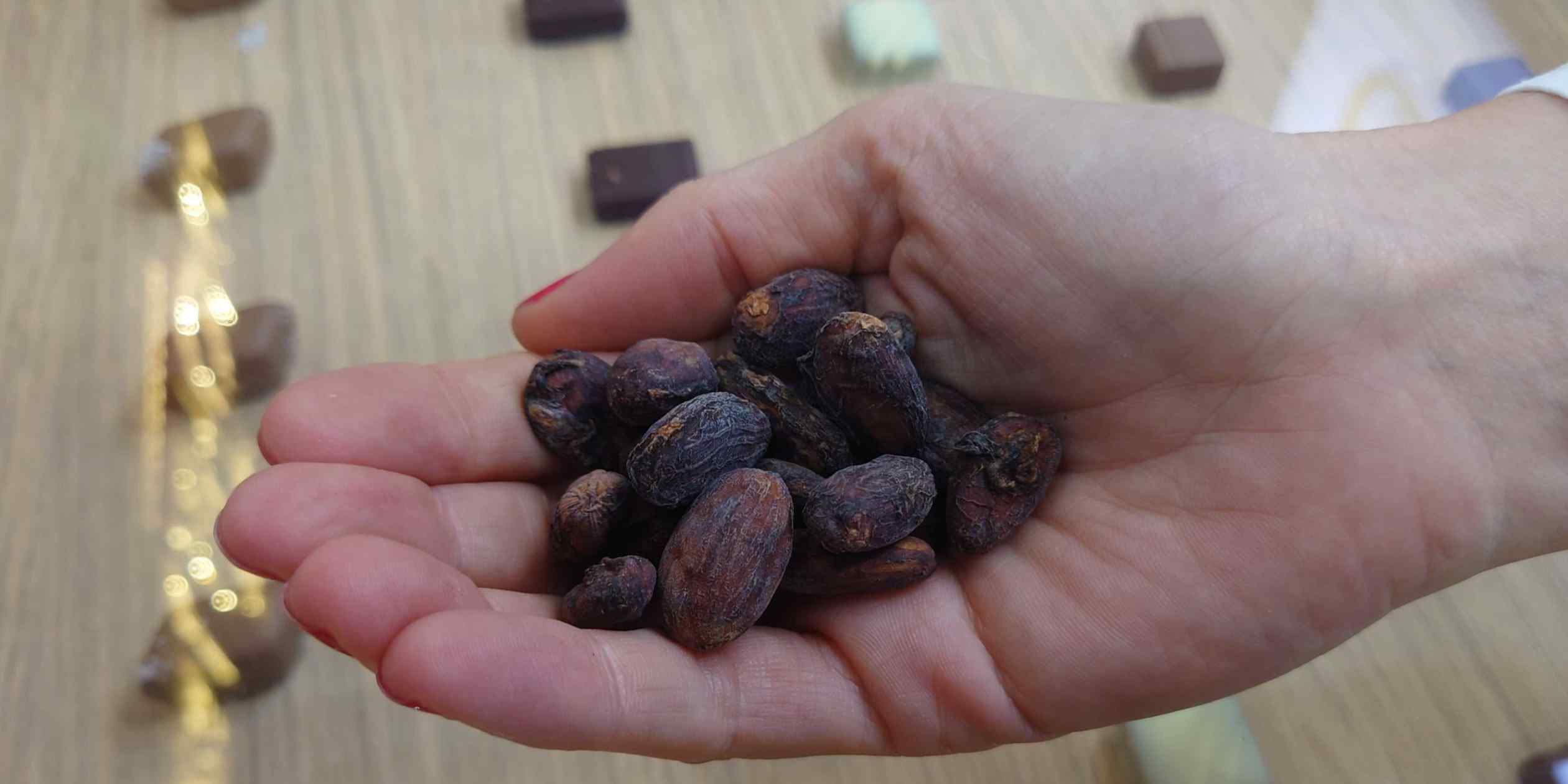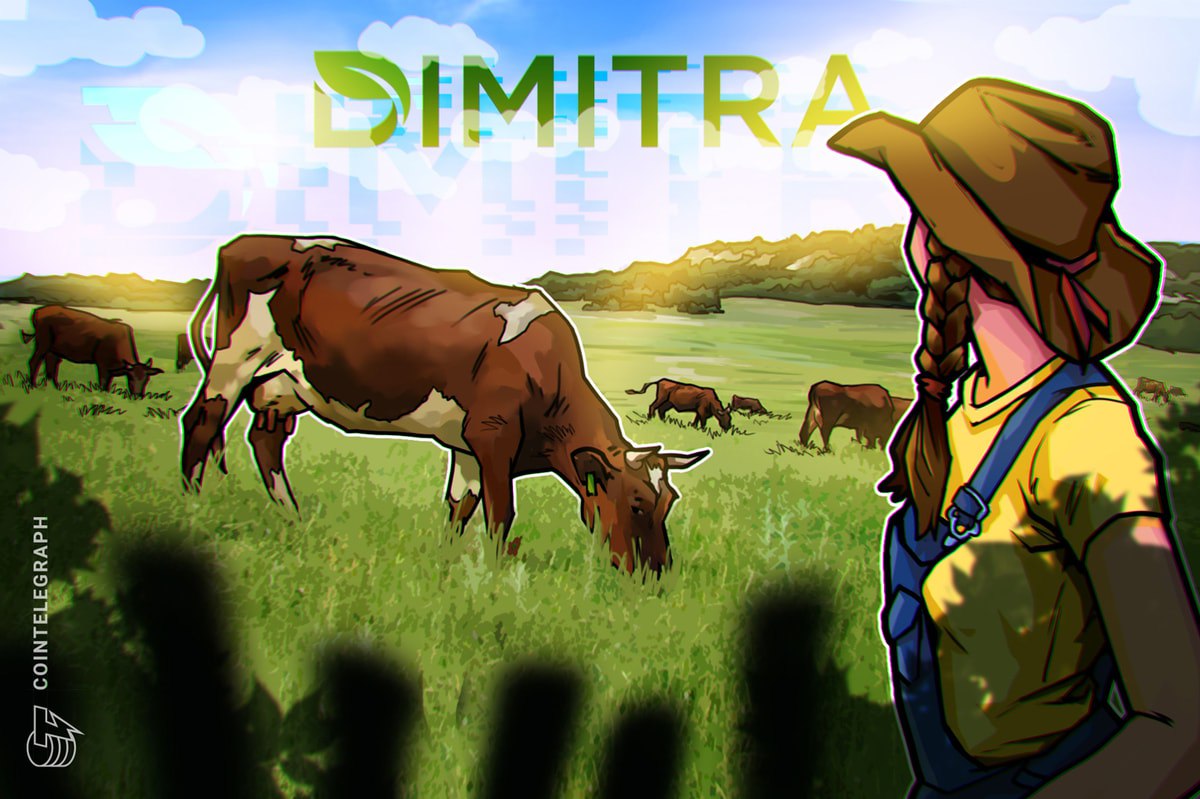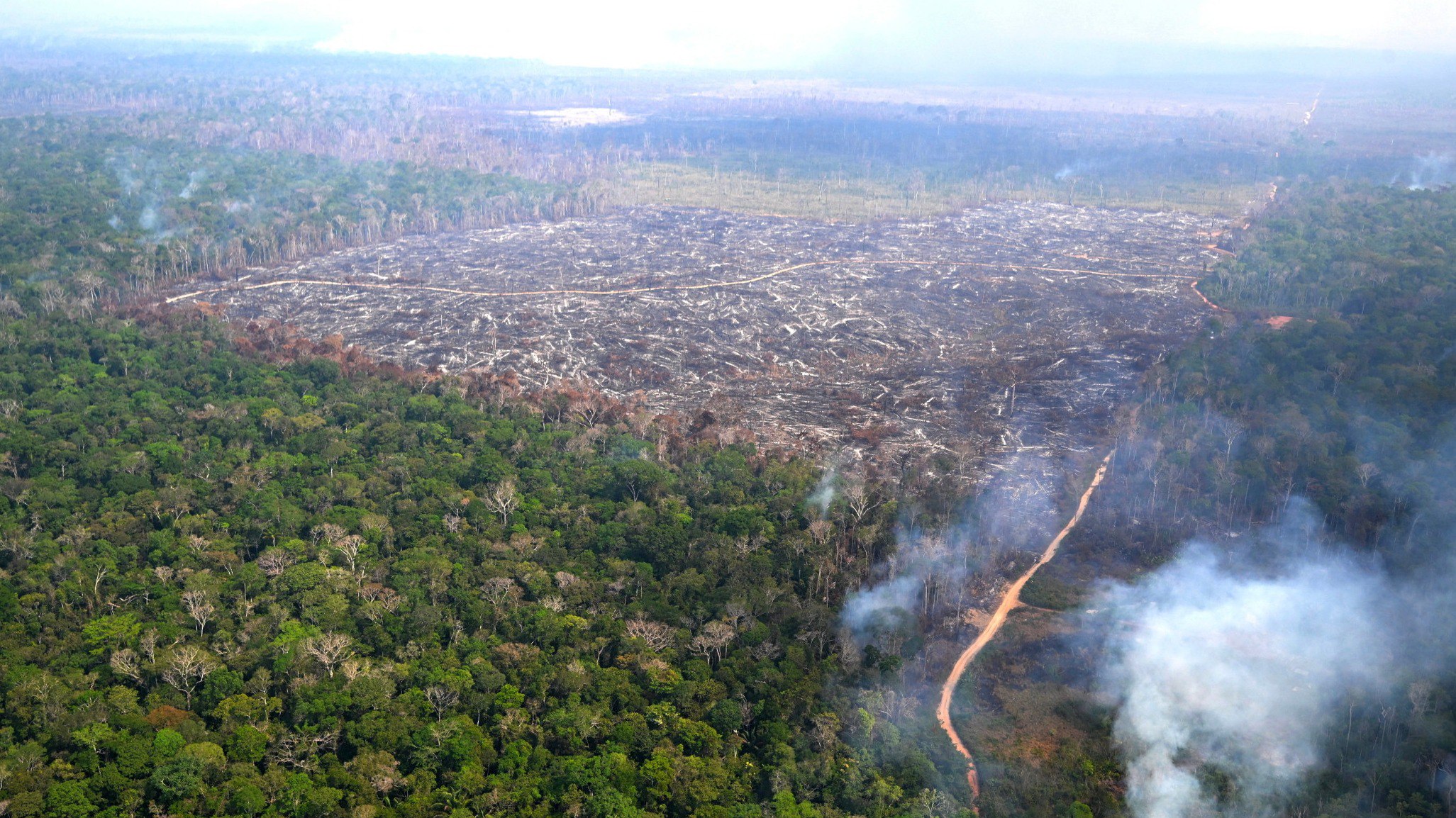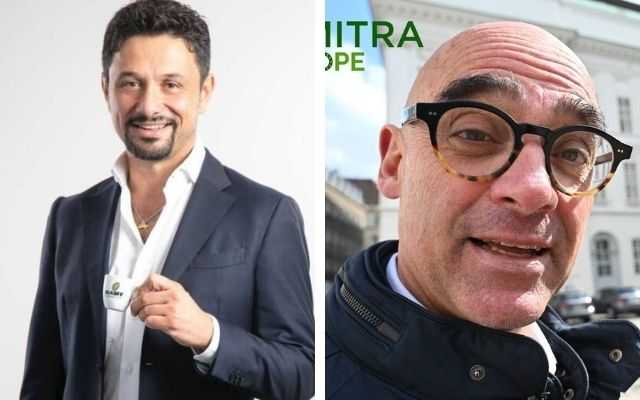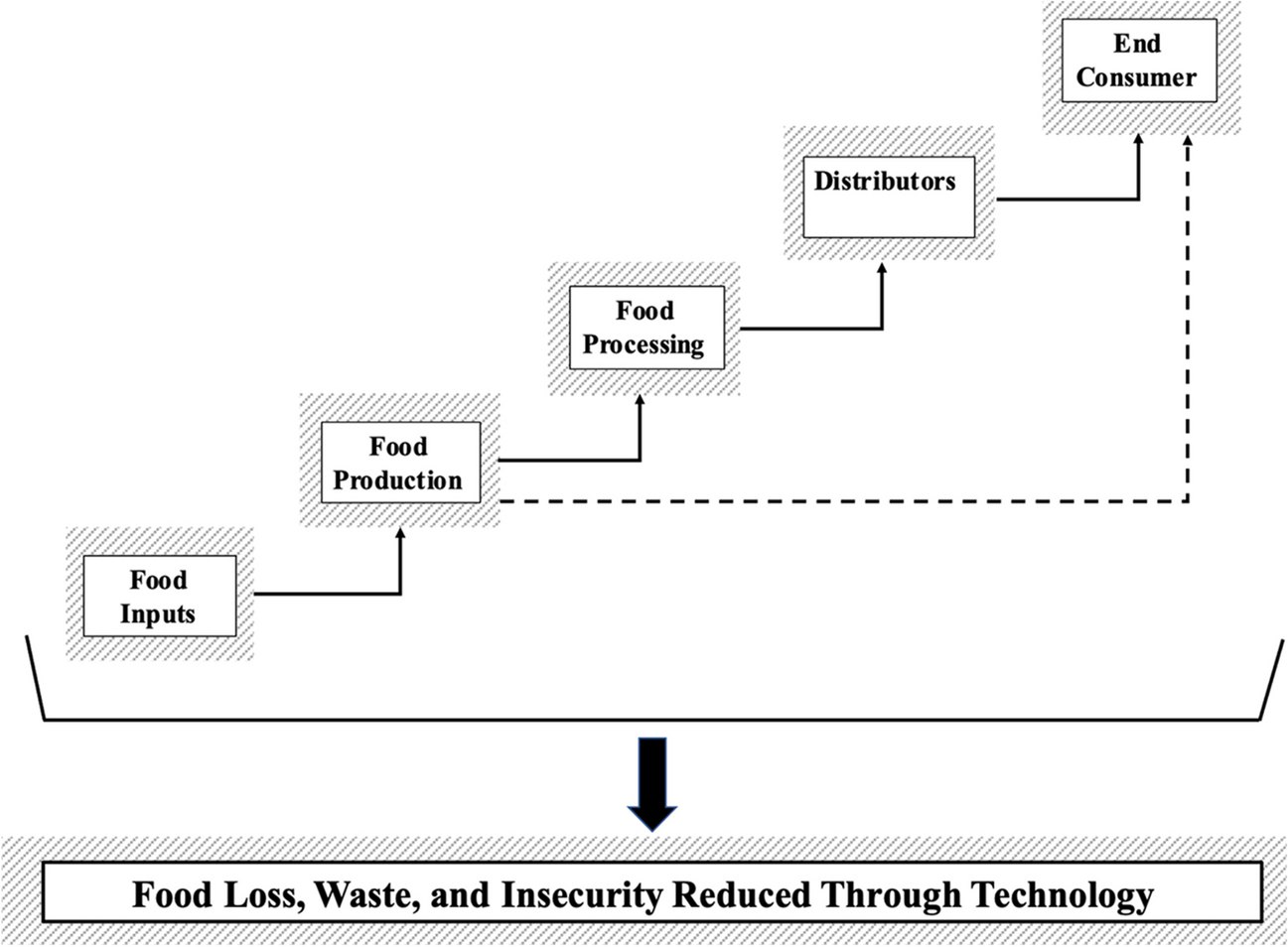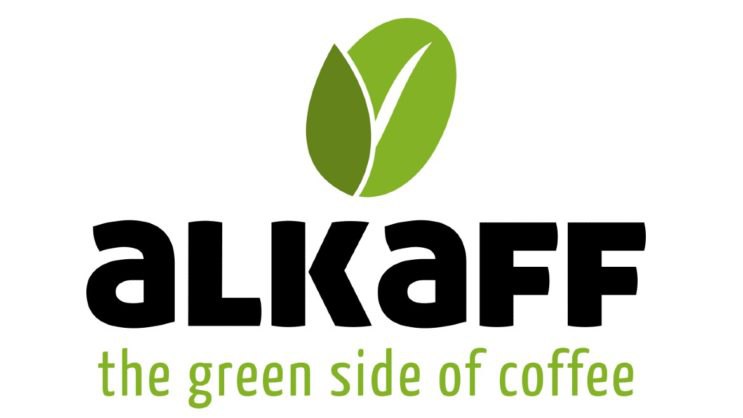Dimitra, a global leader in agricultural technology and sustainability solutions, is supporting the Food and Agriculture Organization of the United Nations (FAO) to develop a smartphone application for Indigenous farmers in Suriname. FAO is working in the country to enhance organic pineapple production by leveraging blockchain technology to modernize cultivation practices, boost productivity, and secure market access. Leveraging Dimitra’s traceable and immutable technology, through this app local growers will access advanced techniques including mechanical land preparation and artificial flower induction to produce premium organic pineapples and meet market demands.
Dimitra is deploying immutable blockchain and AI technology to support FAO providing Surinamese farmers with real-time comprehensive farming data on their crop production and supply chains from end-to-end. From creating digital farmer profiles and registration with their demographic and plot details, to tracking crop activities and managing harvests with traceability services, the platform aims to ensure that every step of the pineapple production process—from planting to harvesting—is traceable. By providing a secure record of sustainable practices through actionable data, Surinamese farmers can gain access to advanced technology to transform agricultural practices, enhance market competitiveness, and forge key alliances, opening doors to premium markets that require stringent compliance with international standards.
FAO has been working in the country since 2018 with UNIDO, ILO and UNFPA through the ASTA Suriname initiative has been driving the pineapple sector’s growth in Suriname, a focal commodity for the country’s economic growth. Backed by the Joint United Nations Sustainable Development Group (UNSDG) Fund, the ASTA Suriname project has conducted in-depth analysis of farms and rolled out initial implementation activities. The project aims to empower indigenous and rural communities across Suriname’s pineapple belt to modernize organic pineapple production, transforming Suriname into a major producer and exporter of high-quality organic fresh and processed pineapples, and moving away from outdated practices with little value-addition and limited exports.
The innovation project proposed by FAO – to develop a digital traceability app to support indigenous pineapple farmers in Suriname – was funded by the 2024 Elevate Grant Programme of FAO, an initiative that fosters innovative initiatives for the agricultural sector targeting smallholder farmers.
The new app, already developed in local language, will be launched with the farmers and key stakeholders in early December 2024.
Jon Trask, CEO of Dimitra said: “Dimitra is dedicated to empowering smallholder pineapple farmers in Suriname with cutting-edge, easy-to-use technology to enhance agricultural productivity, promote sustainability, and ultimately improve the quality of life for these communities. Through the Agrifood Systems Accelerator (ASTA) and the Horticulture Innovation HUB of Suriname – a newly established public-private partnership providing multiple services to farmers in Suriname – supported by the Joint UNSDG Fund, we aim to foster a more resilient and equitable agrifood system globally and give consumers the origin story of their food.”
With 95 percent of its land covered in forest including parts of it forming a portion of the Amazon rainforest, Suriname’s interior regions face economic challenges, leaving many Indigenous, tribal and rural communities in poverty. Through the ASTA Suriname project, farmers are provided with hands-on training, and on-the-ground trial plots to showcase effective techniques like enhancing soil, optimizing inputs, and planting pineapples in beds. By using the app local growers in the country will be exposed to international markets, expanding the country’s economic horizons, and aligning with the responsible consumption and production of the UN’s sustainability goals.
Margherita Bavagnoli, FAO’s International Value Chain Finance Expert, oversees project activities among various Indigenous villages in Suriname: “So far, the ASTA Suriname project has equipped 120 marginalized Indigenous women and youth to take control of and benefit from the evolving pineapple value chain. There was a need to allow Indigenous communities in the country to reach markets, receive agronomic information and access services. This app aims to be beneficial in controlling deforestation, providing access to markets and information to farmers in remote areas, significantly contributing to the realization of the sustainable development goals (SDGs).”
Jon Trask, CEO of Dimitra Incorporated and Margherita Bavagnoli, FAO’s International Value Chain Finance Expert, are available for interview on request.
About Dimitra
Dimitra is a global Agtech company with a mission to help smallholder farmers across the world. Dimitra works with governments, government agencies, NGOs, and for-profit organizations. The Dimitra platform is built on blockchain technology and incorporates mobile technology, machine learning, IoT devices, satellite and drone imagery, genomics, and advanced farming research. Through our data driven approach, Dimitra helps farmers increase yields, reduces expenses, and mitigates risk. Dimitra believes that every smallholder farmer, regardless of economic standing, should benefit from simple, beautiful, and useful technology.
About ASTA
The Agrifood Systems Transformation Accelerator (ASTA) program, led by FAO and UNIDO in collaboration with other UN agencies, aims to transform Suriname into a leading producer and exporter of high-quality organic pineapples. Supported by the Joint SDG Fund and driven by the Government of Suriname and key UN agencies, including FAO, UNIDO, ILO, and UNFPA, the program utilizes an inclusive and sustainable value chain approach. It connects local pineapple actors to new markets, fostering economic development in rural communities with a focus on gender equality, youth engagement, and environmental sustainability. Since 2018, ASTA has been developing Suriname’s pineapple value chain, culminating in a 2024 FAO Elevate grant to establish a traceability platform for producers.

